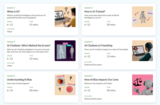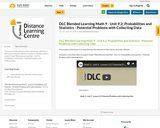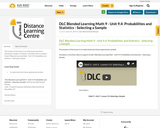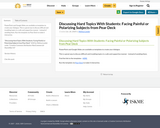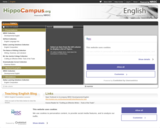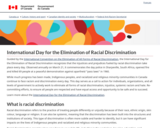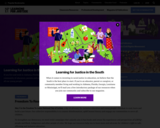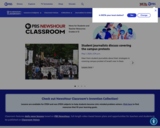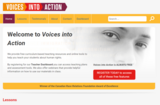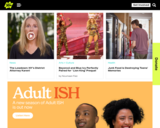
This learning path is a professional development learning journey and set of classroom resources, grounded in social and emotional learning and curated by experts in the field of equity and inclusion, restorative practices, and education technology. It empowers educators to build the knowledge and capability needed to support equity and anti-racist work with students.
Educators must be courageous and confident in their journey to fully participate in dismantling racism in their learning environments. The intention of this learning path is to deeply question power, privilege, and fragility to interrupt teaching practices that marginalize, isolate, and exclude black, indigenous, people of color (BIPOC) students in the classroom.
In this learning path, you'll:
Deconstruct power, privilege, marginalization, and fragility
Develop individual accountability for becoming an anti-racist.
Apply social and emotional learning skills to learn how to teach from an anti-racist mindset toward building equity in the classroom
- Subject:
- Education
- Material Type:
- Activity/Lab
- Teaching/Learning Strategy
- Author:
- Microsoft
- Date Added:
- 06/13/2022
